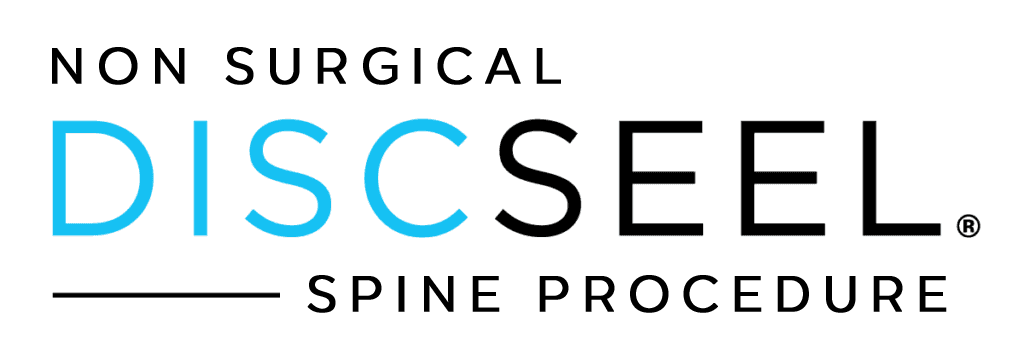Jacksonville Man's Inflation Woes Lead to Discseel Discovery
Tom Wilson*, a 45-year-old accountant from Jacksonville, Florida, had been grappling with chronic back pain for years. The recent news about inflation cooling and potential interest rate cuts caught his attention, as he'd been struggling to keep up with his medical expenses. He had recently read about a similar success story from Boca Raton that gave him hope.
The article triggered memories of his financial worries, which had been exacerbating his physical pain. 'It's like a vicious cycle,' Tom thought. 'The stress makes my back hurt more, and the pain makes it hard to focus on my finances.'
Desperate for a solution, Tom began researching alternative treatments online. He stumbled upon Neios Discseel's website, which offered a unique approach to treating chronic back pain.
Intrigued, Tom delved deeper into the Discseel Procedure. He found himself quoting the website to his wife, Sarah*: 'Honey, listen to this - 'The Discseel procedure is comprised of highly purified and exact parts of fibrinogen, prothrombin, the two essential blood proteins involved in the formation of a disc healing.' It sounds promising, doesn't it?'
As if by fate, while walking his dog in the park the next day, Tom ran into his old college friend, Dr. Lisa Chen*, who happened to be a spine specialist. She mentioned she had just read about a patient in Boca Raton who had experienced remarkable results with the procedure. She listened to Tom's struggles and said, 'You know, I've actually heard some good things about the Discseel Procedure. It might be worth looking into.'
This serendipitous encounter boosted Tom's confidence in pursuing the treatment. He found himself repeatedly visiting the Neios website, fascinated by their unique approach. One statement stood out to him: 'Based on preliminary data we have collected thus far, we know roughly 70% of patients treated with the Fibrin Discseel Procedure who previously had a failed spinal procedure reported a better outcome in their condition and a positive reduction in pain and function.'
Tom discussed the procedure with Sarah, who was initially skeptical. 'Are you sure about this, Tom? It's not covered by insurance, and with our current financial situation...' she trailed off, concern evident in her voice.
'I know it's a risk,' Tom replied, 'but think about how much we've already spent on treatments that haven't worked. If this could actually help, it might even improve our financial situation in the long run.'
After much deliberation, Tom and Sarah decided to take the plunge. They figured the potential benefits outweighed the risks, especially considering the impact Tom's chronic pain had on their quality of life.
The day of the procedure arrived, and Tom found himself both nervous and excited. The process was surprisingly quick and minimally invasive. As the doctor explained, 'We're introducing highly purified fibrinogen and prothrombin into your disc to promote healing. You might feel a bit of pressure, but it shouldn't be painful.'
In the weeks following the procedure, Tom gradually noticed improvements. He started walking more, as advised by his doctor, and found his pain slowly diminishing. As his physical health improved, so did his outlook on life and his ability to manage stress.
Six months later, Tom realized he hadn't thought about his back pain in weeks. He was more active, more productive at work, and ironically, better equipped to handle the financial challenges that had initially led him to this solution. The news about inflation cooling seemed less daunting now that he wasn't burdened by constant pain and medical expenses.
Tom's journey from financial stress and chronic pain to relief and renewed hope served as a reminder that sometimes, unexpected paths can lead to the most rewarding destinations.
* These names and situations are fictional.
Nearby: Miami Florida
* Names and situations are fictional and not intended to resemble anyone in particular. They are illustrative of how the services can apply to the lives of every day people living ordinary lives. Nothing in this page is intended as medical advice and anyone seeking medical advice should book a meeting to consult in-person with a doctor.
